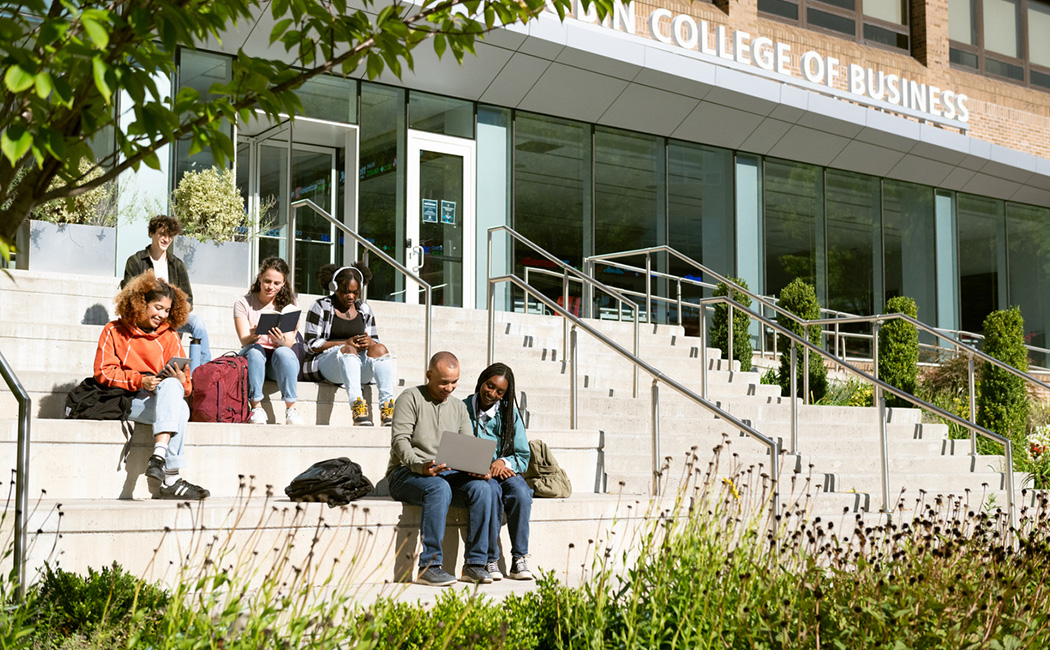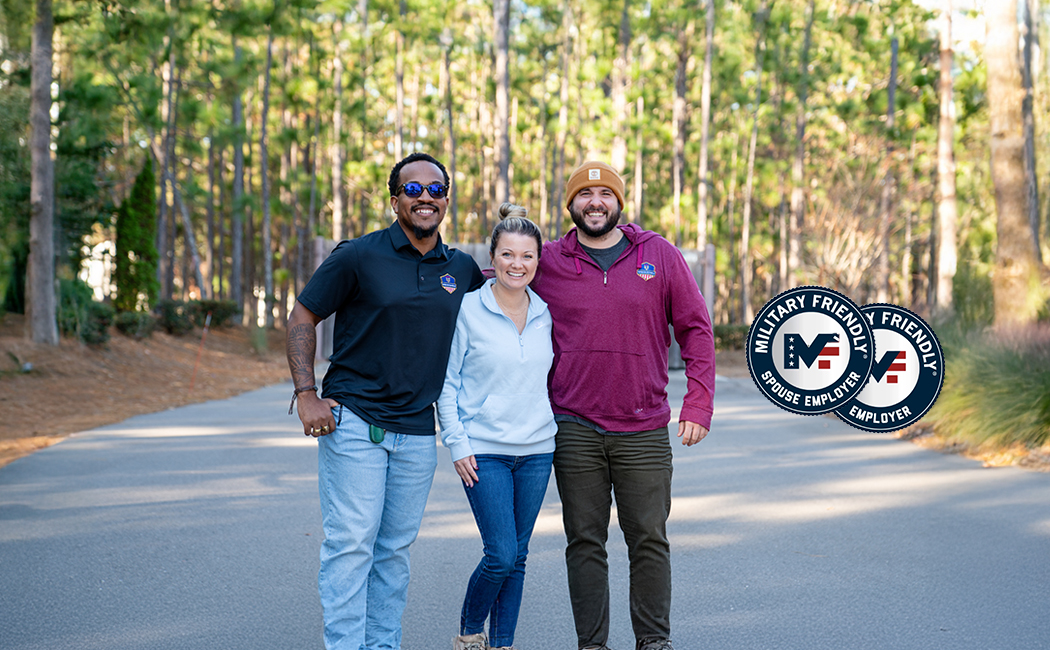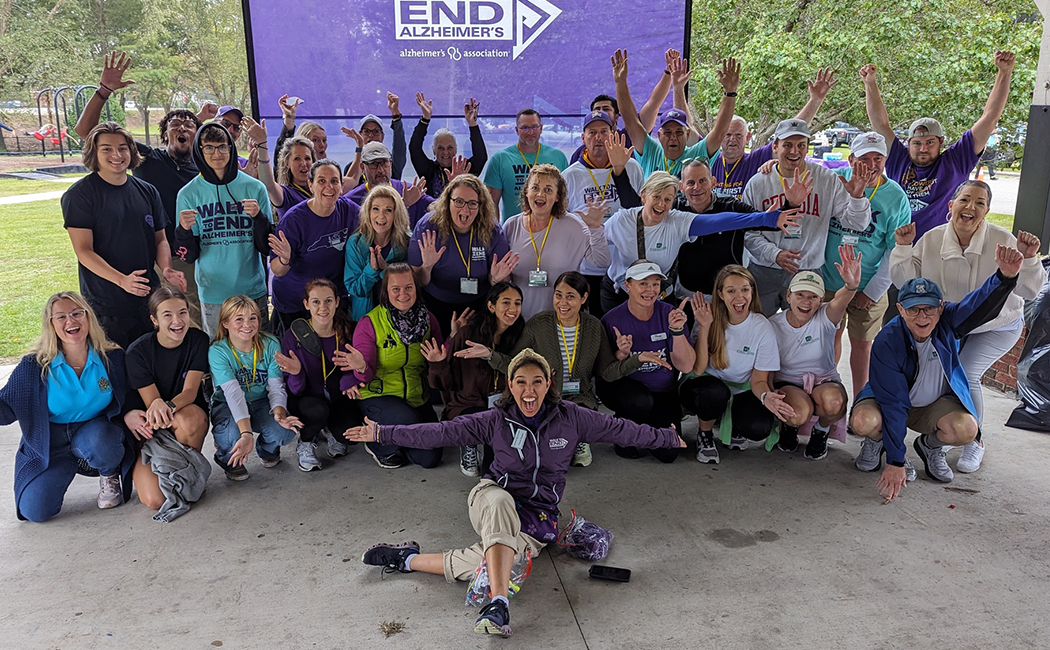Veterans and Higher Education: Navigating Campus Life
Veterans and Higher Education: Navigating Campus Life
Transitioning from military service to civilian life comes with its own set of challenges, and for many Veterans, one of the most significant steps in this transition is pursuing higher education. Colleges and universities across the country are home to thousands of Veteran students, each bringing a unique perspective and set of experiences to the academic community. However, navigating campus life as a Veteran can be daunting. From managing academic workloads to connecting with fellow Veterans, there are several aspects of college life that require special attention. At Veterans Guardian, we are dedicated to helping Veterans succeed in every aspect of their lives, including their educational pursuits. In this article, we’ll provide guidance on how to
navigate campus life as a Veteran and make the most of your higher education experience.
Utilizing Veteran Services on Campus
One of the first steps you should take as a Veteran student is to familiarize yourself with the Veteran services offered by your college or university. Most institutions have a dedicated Veterans’ office or center designed to support Veteran students with everything from academic advising to career counseling.
What to Look For in Veteran Services:
- Academic Advising: Veteran-friendly advisors can help you choose the right courses and navigate the academic requirements specific to your degree program. They understand the unique challenges that Veteran students may face and can provide tailored advice to ensure your success.
- Career Counseling: Many schools offer specialized career services for Veterans,
helping you to translate your military experience into civilian job opportunities. Career counselors can assist with resume writing, job search strategies, and interview preparation. - Financial Aid and GI Bill Assistance: Understanding your benefits under the GI Bill and other financial aid options is crucial. Veteran services can help you navigate the paperwork, ensure that your benefits are applied correctly, and answer any questions you have about tuition and fees.
- Mental Health Support: Transitioning to civilian life and balancing academic pressures can take a toll on mental health. Many campuses offer counseling services specifically for Veterans, providing a safe space to discuss any challenges you’re facing.
Connecting with Fellow Student Veterans
Building a support network is essential for success in higher education, and connecting with fellow Veteran students can make a significant difference. Sharing your experiences with those who have similar backgrounds can provide a sense of camaraderie and understanding that is invaluable during your college years.
Ways to Connect:
- Join the Student Veterans of America (SVA): Many campuses have chapters of the Student Veterans of America, a national organization that supports Veterans in higher education. Joining your campus chapter can provide you with a network of peers, access to resources, and opportunities for leadership and advocacy.
- Attend Campus Events for Veterans: Colleges often host events specifically for
Veteran students, such as orientation sessions, social gatherings, and workshops. These events are great opportunities to meet other Veterans and learn more about the resources available to you. - Participate in Study Groups: Forming or joining study groups with fellow Veterans can be a great way to stay motivated and succeed academically. Study groups provide support, accountability, and an opportunity to share knowledge and strategies for tackling challenging coursework.
Managing Academic Workloads
Balancing academic responsibilities with other aspects of life can be challenging for any student, but Veteran students may face additional pressures related to their transition from military to civilian life. Effective time management and organization are key to managing your academic workload successfully.
Tips for Managing Workloads:
- Develop a Study Schedule: Creating a consistent study schedule can help you manage your time more effectively. Set aside specific times each day or week for studying, and stick to your schedule as closely as possible.
- Prioritize Assignments: Not all assignments are created equal. Learn to prioritize your tasks based on deadlines, difficulty, and importance. Tackle the most challenging or time-sensitive tasks first to reduce stress and avoid last-minute cramming.
- Use Campus Resources: Take advantage of the academic resources available on campus, such as tutoring centers, writing labs, and library services. These resources can help you improve your skills, stay on top of your coursework, and achieve your academic goals.
- Communicate with Professors: Don’t hesitate to reach out to your professors if you’re struggling with an assignment or need additional support. Many professors are willing to work with Veteran students to ensure they succeed, but it’s important to communicate your needs early and clearly.
Balancing Life and Studies
For many Veterans, returning to school means juggling multiple responsibilities, such as work, family, and other personal commitments. Balancing these responsibilities with academic demands can be challenging, but with the right strategies, it is possible to succeed.
Strategies for Balance:
- Set Realistic Goals: It’s important to set realistic goals for yourself, both academically and personally. Understand your limits and don’t overcommit to activities or responsibilities that could overwhelm you.
- Practice Self-Care: Taking care of your physical and mental health is crucial for
maintaining balance. Make time for regular exercise, healthy eating, and relaxation. Don’t hesitate to seek help if you’re feeling stressed or overwhelmed. - Seek Support from Family and Friends: Don’t be afraid to lean on your support system. Whether it’s helping with household responsibilities or providing emotional support, your family and friends can play a vital role in helping you succeed in your studies.
- Utilize Time Management Tools: Use tools like calendars, planners, and apps to keep track of your schedule and manage your time effectively. These tools can help you stay organized and ensure that you’re meeting your academic and personal commitments.
The Importance of Advocacy and Support
Navigating campus life as a Veteran can be challenging, but you don’t have to do it alone. Veterans Guardian is here to support you every step of the way, whether you’re just starting your academic journey or need assistance navigating the complexities of higher education. Our team is dedicated to helping Veterans succeed in every aspect of their lives, from securing benefits to achieving academic and career goals.
Conclusion
Pursuing higher education as a Veteran is a rewarding journey, but it comes with its own set of challenges. By utilizing Veteran services on campus, connecting with fellow Veteran students, managing your academic workload effectively, and balancing your personal life, you can navigate campus life successfully and achieve your educational goals. Remember, you are not alone in this journey—there are resources and support systems available to help you every step of the way.
If you’re a Veteran, a relative of a Veteran, or currently serving in the military and need
assistance with navigating the VA benefits process, don’t hesitate to contact Veterans Guardian. Our team of experts is here to help you succeed.









